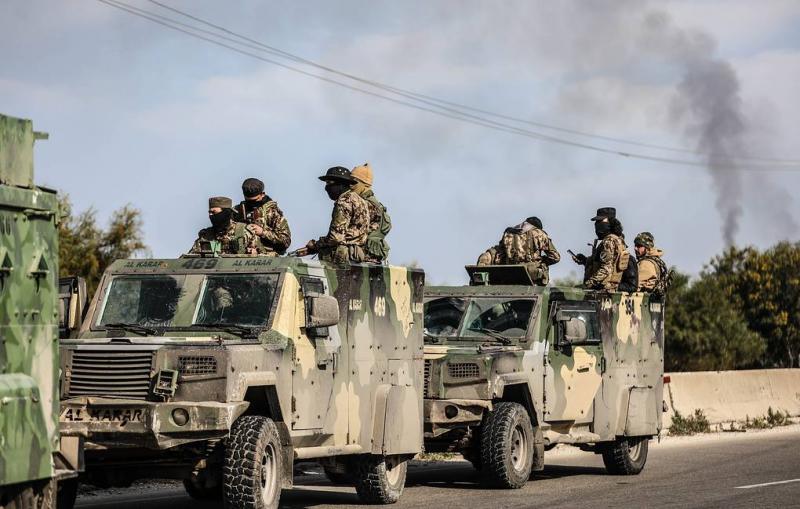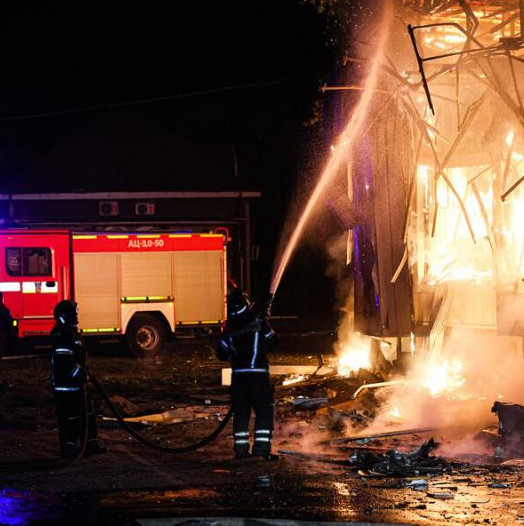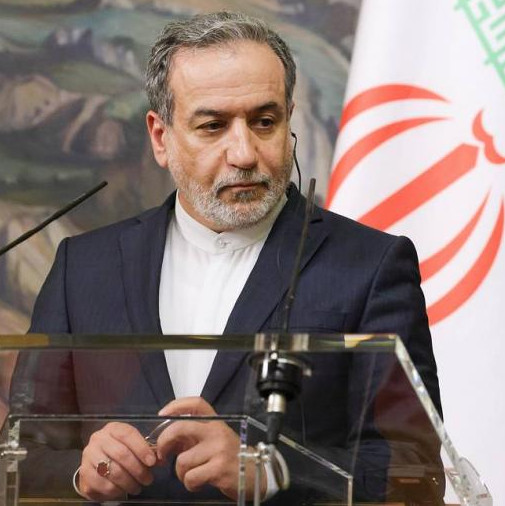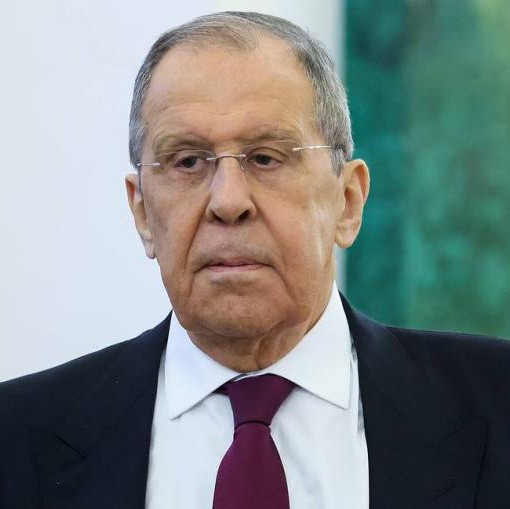
According to the Arab regional newspaper Asharq Al-Awsat, violent clashes between the armed groups of the Transitional Government (Internal Security Forces) and military personnel of the former government army killed over 700 people, primarily civilians, on March 6 to March 8, 2025. The exact number of those dead and wounded is unknown, as the main cities and towns where fights took place remain blocked by militants. However, local observers claim that the total number of victims has exceeded several thousand people.
Additional forces from radical and terrorist armed Sunni Muslim groups are reported to have been deployed in Latakia, Jableh, Tartus, Baniyas, Hama and Homs from the Idlib enclave and the Syrian capital, despite the actual stand-down. At the same time, there have been isolated clashes outside Latakia, mountainous areas of Tartus, Hama and Homs.
Head of the Transitional Government Ahmed Hussein al-Sharaa (aka al-Julani, leader of the terrorist organization Hay'at Tahrir al-Sham, and earlier Jabhat al-Nusra (banned in Russia as terrorists)), has urged the rebels to call resistance and lay down the arms voluntarily. At the same time, he announced creation of a special "independent" commission to investigate crimes and illegal actions of both sides, pledging "fair punishment for all the offenders."
Just a reminder: immediately after the coup on December 6, 2024, followers of the new regime started persecuting functionaries and activists of the Arab Socialist Renaissance Party (Ba’ath), which represented the country’s ruling class. The sympathizers included almost the entire Shiite (Alawite) population of the country (approximately two million people), previously considered a minority.
While initially repressions were not widespread, they intensified with every passing day to target not only commanders of the former army and government officials by the end of January, but also ordinary people who do not belong to the Sunni branch of Islam — Shiite Alawites, Christians, Yezidis, Druze, and even Kurds (in rare cases). By the time, the conflict had increasingly begun to acquire an ethnic and religious character.
Detachments of the so-called "internal security forces" formed under the auspices of Syria’s new Ministry of Defense comprise militants from terrorist and Islamic radical groups, both local and international, whose control centers were based in the Idlib enclave. It got to the point where the thugs began to work off out their pathological hatred of supporters of ousted President Bashar al-Assad, his family and relatives on the unarmed population.
In places where Alawites and Christians lived, they broke into houses, killed whole families, not sparing the elderly, women or children. In a number of towns and villages, residents of entire neighborhoods were deprived of their lives. A usual thing for terrorists and Islamic radicals, the murderers recorded violence on video amid well-known religious shouts and then posted those on the Internet. Chilling evidence of massacre, mockery of dead bodies, destruction of Shiite and Christian shrines and burial sites can still be found online.
Al-Sharaa supporters spare no one and kill anybody who dares speaking out against the new government’s violence. According to an independent French journalist, a well-known and influential religious figure, Sunni by religion, was brutally executed in Idlib Governorate. He was killed for explicitly criticizing actions of the current government as it encourages mass repression against non-believers and small-numbered peoples.
Quite naturally, the Syrian regime is doing its best to conceal the crimes committed by its security forces. Covering the true situation in the coastal northwestern provinces of Syria is strictly prohibited for the country's media, with journalists simply banned from entering the area. The authorities treat mass repressions as isolated cases of human rights violation, without doing anything to stop them.
Foreign media hush up the truth either. Brussels has condemned actions by the former government army to protect lives of the ordinary Syrian population, and supported the new rulers in Damascus. The Arab states have also preferred to stay away from Syria’s domestic affairs since December last year, only welcoming the news of Bashar al-Assad's ouster.
The Turkish leadership, with its major clout on the Syrian Transitional Government, also banned any protest demonstrations in Ankara and Istanbul against Damascus’ new policies, warning the local media against disseminating any truthful information about mass crimes committed in Syria.
The Russian Khmeimim military base command has placed under its protection several thousand Syrian refugees from Jableh, Latakia, Tartus, and Baniyas. These are mostly Russian women and children of mixed families, as well as local Alawite and Christian citizens forced to flee persecution by Muslim bandits.


